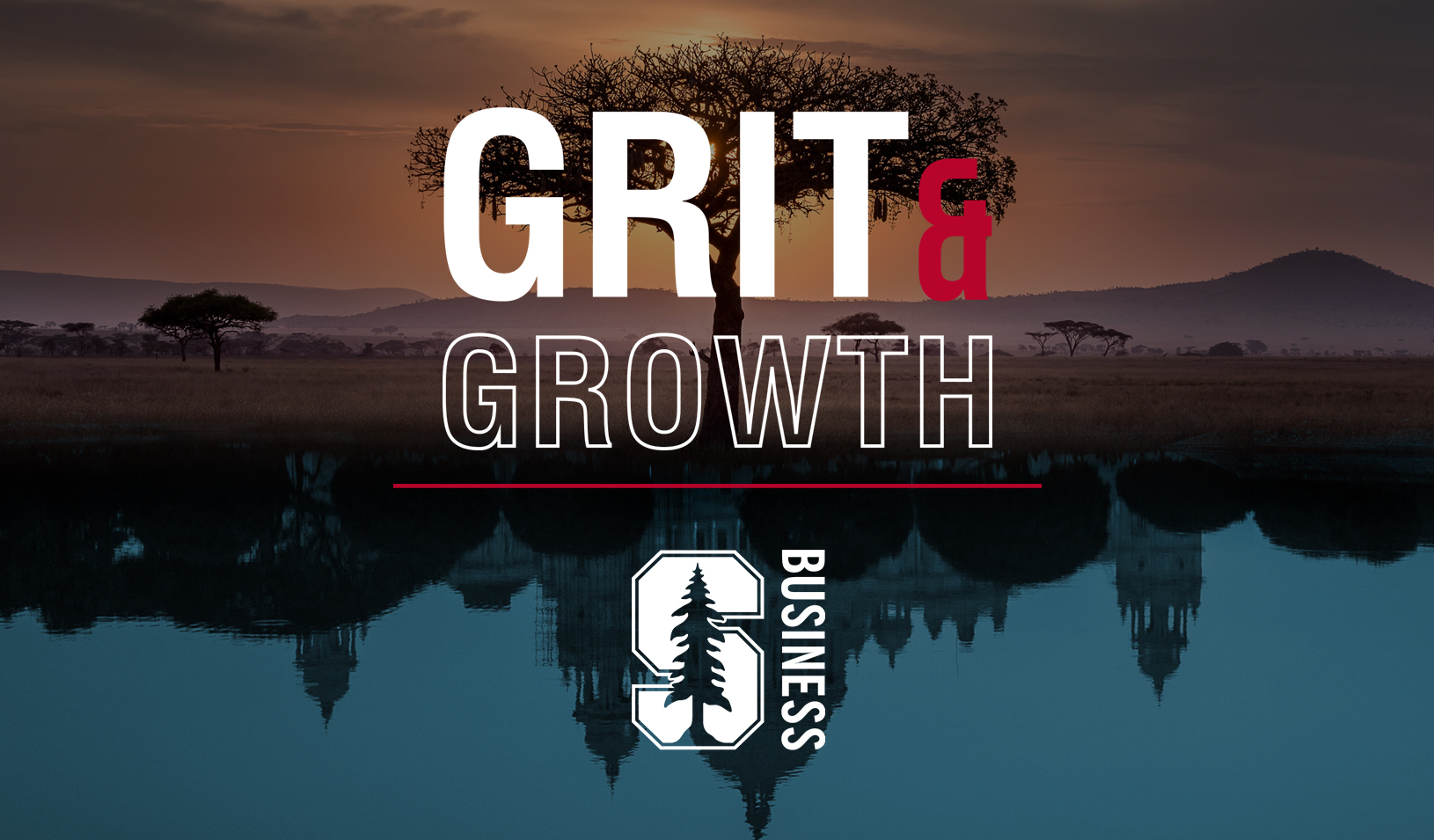Ryan Caldbeck: "What Matters Is Integrity."
The cofounder of CircleUp discusses great advice, difficult lessons, and why he became an entrepreneur.
May 08, 2014
Ryan Caldbeck, MBA ‘05
Ryan Caldbeck is the cofounder and CEO of CircleUp, an online marketplace that connects individual investors with entrepreneurs looking to raise capital for consumer startups. CircleUp companies include Little Duck Organics snacks, Bhakti Chai beverages, and Cherryvale Farms baking mixes, among many others. Caldbeck graduated from Stanford Graduate School of Business in 2005 and founded CircleUp in 2012 with his friend Rory Eakin, a classmate at Stanford GSB.
In 10 words or fewer, what is the big idea behind your business?
To help entrepreneurs raise funds and thrive by giving them resources and support.
What is the best advice you’ve ever received?
Before starting CircleUp, I was in private equity. It was a very safe career and I earned good money, but I wasn’t passionate about it. When I was thinking about starting this business, I called my dad for advice. He is a retired lawyer in Vermont. He said, “In 10 or 15 years, would you be more proud to tell your children that you tried and failed at building your own business, or that you stayed in a comfortable, well-paying job?”
What was the most difficult lesson you have learned on the job?
I had no concept of the amount of stress that comes from being a CEO, and it’s stressful even if the company is performing well. Every day, there’s a new challenge. If you don’t see the challenge, you worry about what you might be missing. As a result, you’re either taking challenges home with you at night, or losing sleep over challenges that you worry you may have missed. There were times in the beginning when I was sweating through every part of my waking day, as well as in the middle of the night. It’s difficult for me to have a conversation that isn’t about work. My wife has been very forgiving, but it’s hard. If I’m not talking about work, I’m still thinking about it.
What advice would you give other entrepreneurs on how to build a great business?
We are still very young as a company. I consider myself very lucky to have built this company with someone I really trust, Rory Eakin. I don’t know how people start a business with someone they don’t know well and trust implicitly. It’s absolutely essential to believe in your co-founder. Every day, my co-founder makes decisions that have huge implications for me and our business. That’s not possible without a solid foundation of trust.
How do you come up with your best ideas?
My best ideas are refined through a process. I talk with folks who are experts as well as folks who know nothing about the topic. I try to get them to poke holes in my ideas. Entrepreneurs are paranoid about their ideas. They’re afraid that if they share their idea for a new granola bar with an angel investor, the investor will steal it. That just doesn’t happen.
What is your greatest achievement?
My relationship with my wife. We were married in July 2012, a few months after we launched CircleUp. I am really proud of the level of trust and communication we have built.
What do you consider your biggest failure?
I’m disappointed it took me so long to realize that I wasn’t passionate about my job in private equity. Unfortunately, the more success I had, the more difficult it was for me to leave. As a result, it took me longer to leave than it should have. I finally chose to follow my heart, and I’ve never looked back.
What values are important to you in business?
Honesty. Integrity. Transparency. Passion. Accountability. Ownership. Teamwork. I’ve heard people talk about how they won’t hire someone if they wouldn’t want to spend five hours in an airport with them. I don’t care about that. What matters is integrity.
What impact would you like to have on the world?
I want CircleUp to touch hundreds of thousands of entrepreneurs and help them become more successful.
Why are you an entrepreneur?
I have the opportunity to make a difference in people’s lives. It’s about impact.
What was your first paying job?
I was a park ranger in Vermont. I drove around in a tractor and made sure people were being safe on the beach and that the bathrooms were clean. I remember seeing people I knew leaving garbage behind or trashing a bathroom. I lost respect for them, and it made me more conscious of the small ways that we all can make a difference.
Do you think there is such a thing as balance? How do you achieve balance in your life?
I don’t think balance means having it all. I think balance is happiness, and that comes from being realistic and making difficult decisions.
What is the best business book you have read?
The Innovator’s Dilemma by Clayton Christensen. It’s an inspiring book for entrepreneurs.
What businessperson do you most admire?
Jeff Jordan at Andreessen Horowitz. He is a world-class investor and operator — an extremely rare combination. But I not only admire what he’s done as an operator and investor; I admire his values. He’s a really good guy who has a great family and value system.
What is the most valuable thing you took away from your time at Stanford?
A course named “Touchy Feely,” which I would imagine almost all Stanford GSB grads know. It provided a framework to build relationships and express your feelings in a productive way.
What do you think is the greatest innovation in the past decade?
Social networks.
For media inquiries, visit the Newsroom.
Explore More

Creating a Culture of Healthy Debate

Transforming your Leadership: Insights from an Executive Coach



